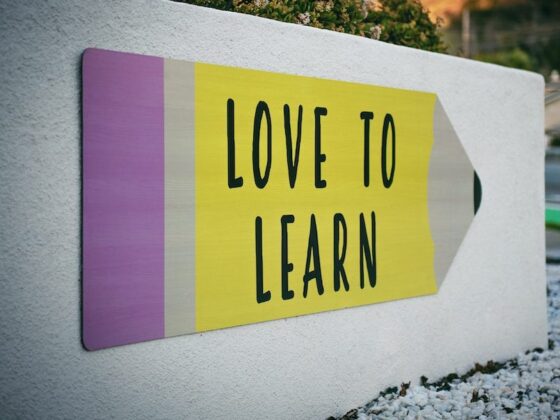This is part II of a series of blogs that addresses the differences in Skill Maintenance and Academic Remediation. To read part I, click here.
For this post, I will go into the research that has been conducted comparing skill maintenance and remediation programs.
There has been a lot of research on this subject, and it emphasizes an early focus on summer skill maintenance. Two-thirds of the achievement gap at 9th grade between students of varying socio-economic classes is the loss of academic knowledge over the summer. We know that all students, regardless of race, gender or IQ lose learning over the summer. We also know that mid- to upper-income students have more access to casual and formal learning activities over the summer. And we now know that the achievement gap reflects these differences.
Starting in Kindergarten, the ability of a student to begin the school year prepared with the academic determines much of the student’s progress throughout his education. A student who does not participate in summer learning activities over his elementary school years can be behind by over 18 months in mathematic skills and nearly two years in reading skills by 5th grade.
As mentioned in my first blog, remediation will always have a role for those students who have not mastered the necessary skills during the school year. But these programs should work cohesively with summer skill maintenance programs. As they progress together, the need for remediation will be reduced resulting in less costly programs and greater skill improvement.
I created ThinkStretch out of frustration of watching students work so hard to regain what they had lost and falling behind in the process as other students began learning material. Thoughtful, low-cost programming is available to ensure every student maintains their academic skills over the summer while enjoying the many benefits that summer brings.





